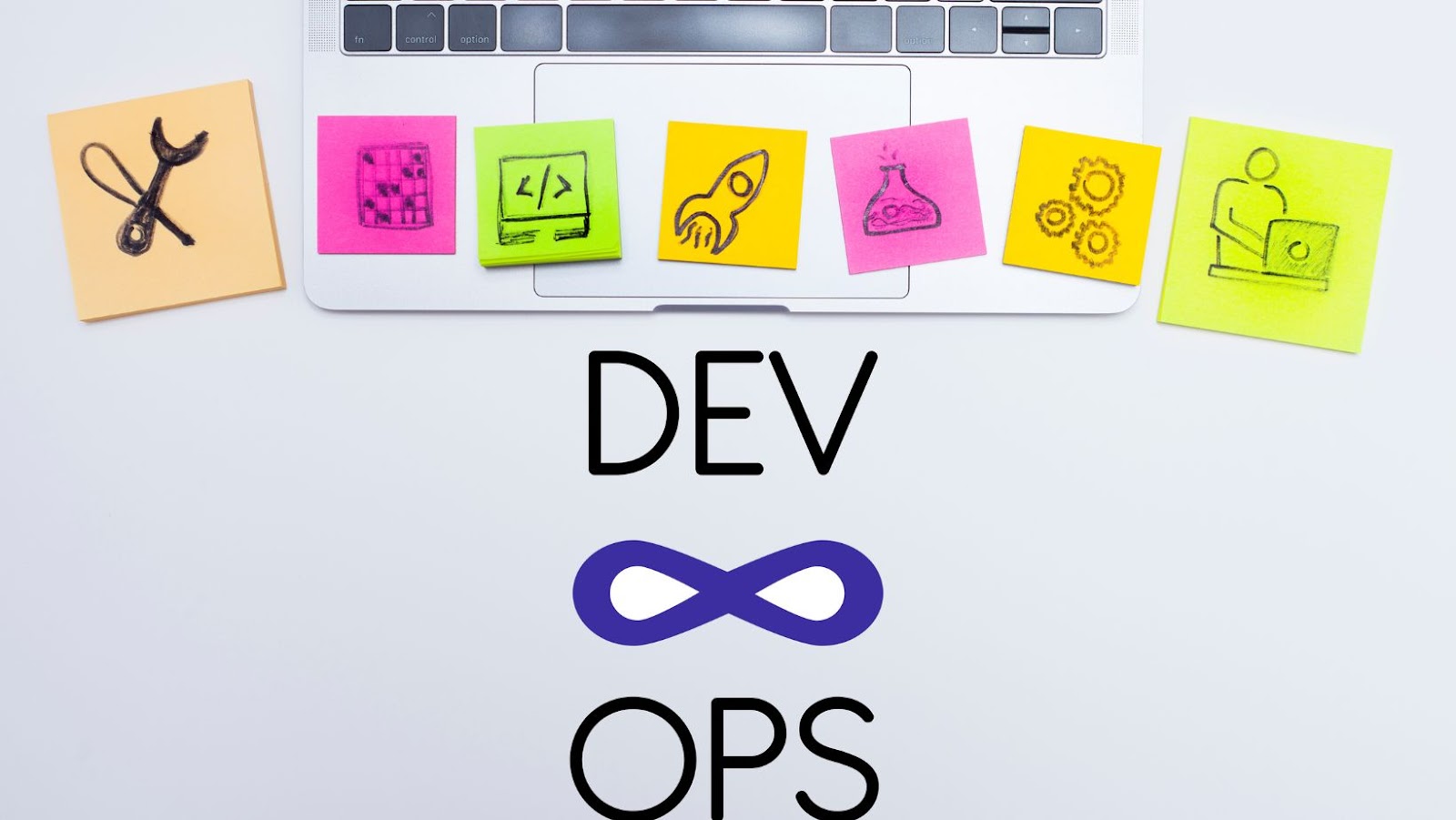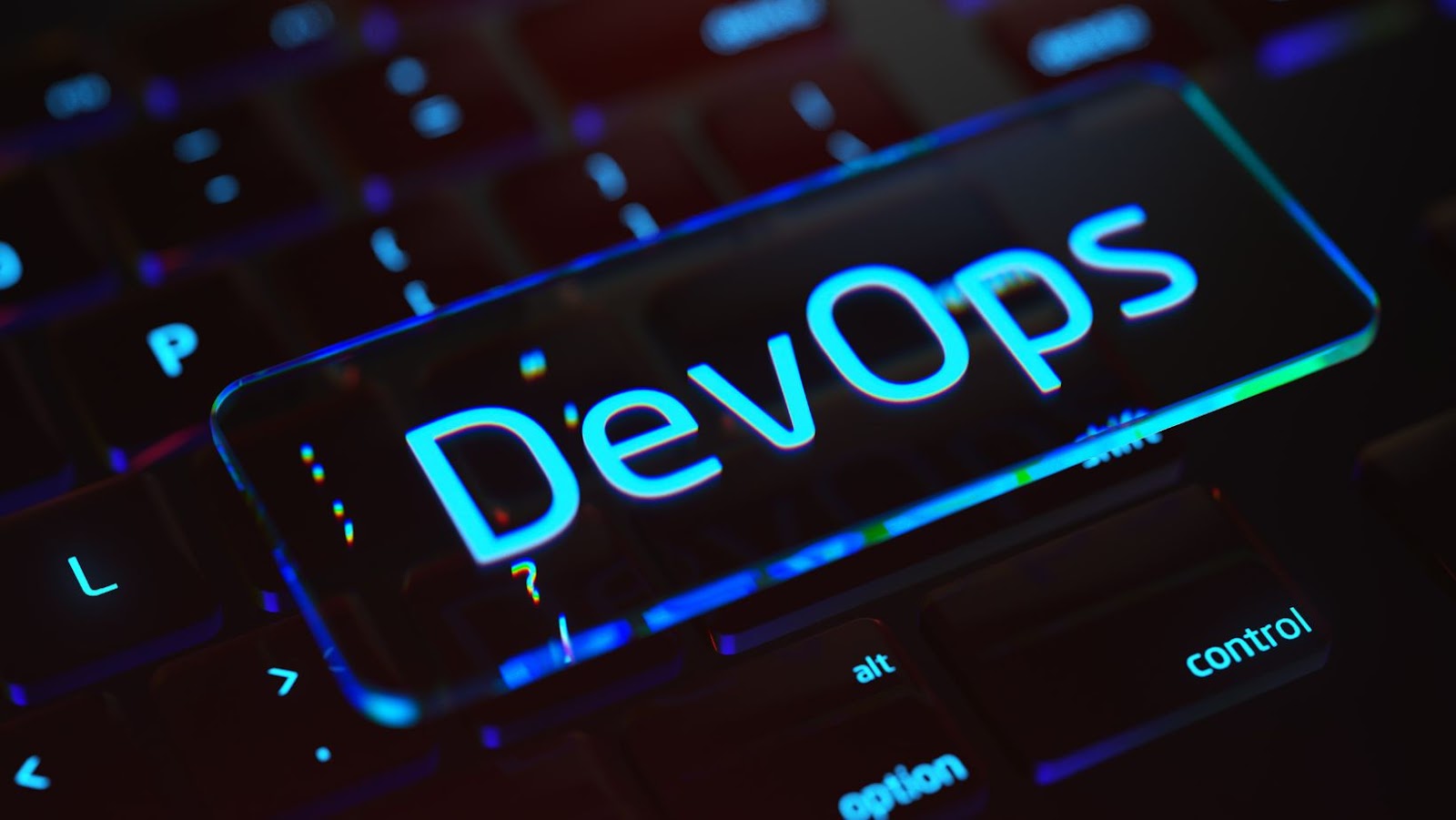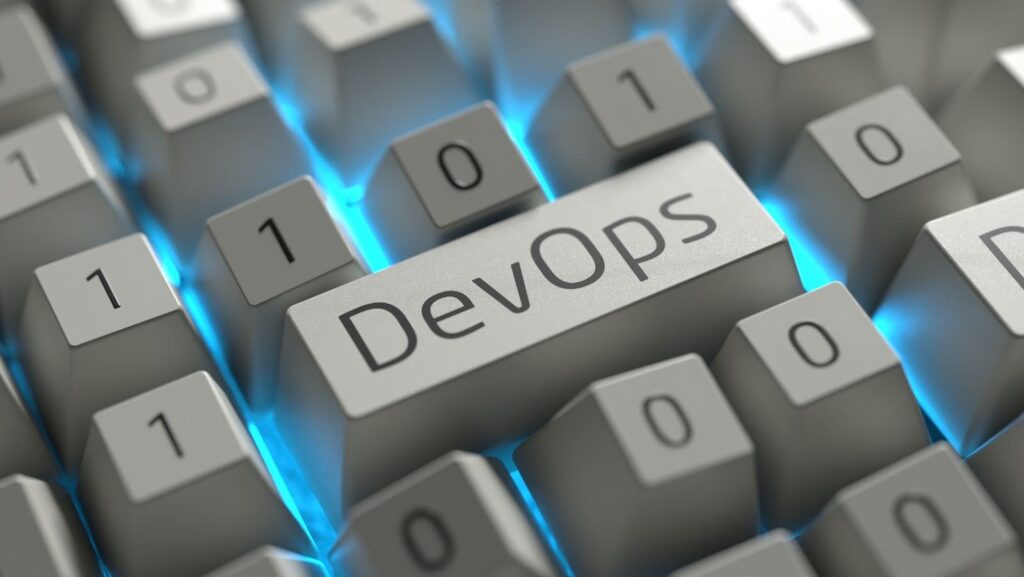As a DevOps Engineer, I primarily collaborate with developers, quality assurance professionals, and business stakeholders to ensure efficient and reliable software delivery. In essence, I bridge the gap between development and operations teams.
My role varies depending on the organization, but typically, I’m responsible for automating the software delivery pipeline, ensuring continuous integration and deployment, monitoring and troubleshooting systems, optimizing system architecture for stability and scalability, and managing cloud infrastructure. Ultimately, my goal is to accelerate software delivery while increasing the product’s quality and reliability.
What Does a DevOps Engineer Do?
As a DevOps Engineer, I bridges the gap between development and operations using modern software development methodologies. Typically, I work with a team of software developers, system operators, and other stakeholders to ensure we deliver high-quality software products, efficiently and on time.
I collaborate with developers to write code and with operations personnel to deploy and manage the applications. My work involves building and maintaining processes for continuous integration and continuous deployment. To achieve this, I rely on many tools and technologies, including cloud computing, automation, and configuration management.
Here are a few examples of what a DevOps engineer does daily:
- Ensuring Reliable Deployment: DevOps engineers ensure that software deployments are reliable, safe, and efficient. They use continuous integration and deployment methodologies to automate testing and deployment processes.
- Managing Infrastructure: DevOps engineers manage the infrastructure that underlies the software stack. They configure servers and other resources for scalability, reliability, and efficiency. They maintain the infrastructure, troubleshoot issues, and fine-tune performance.
- Building Continuous Delivery Pipelines: One of the primary responsibilities of the DevOps engineer is to build and maintain continuous delivery pipelines. These pipelines are designed to automate software product testing, deployment, and release.
- Monitoring Systems: DevOps engineers monitor system performance and proactively identify and address issues. They use various tools to troubleshoot issues and respond to critical incidents.
- Collaborating with Teams: DevOps engineers work closely with software developers, QA engineers, product managers, and other stakeholders to ensure that software releases are successful. They support continuous improvement initiatives and implement best practices across teams.
In summary, DevOps engineers play a critical role in ensuring the success of software development projects. They are responsible for building and maintaining infrastructure, automating testing and deployment processes, and ensuring that software releases are reliable and efficient.

What Do DevOps Engineer Do
DevOps engineers are responsible for ensuring the continuous and efficient delivery of software by combining software development skills and IT operations. Their main objective is to automate the processes between development and deployment to enhance the speed and quality of software releases.
To be successful in the role of a DevOps engineer, there are some skills and responsibilities you should possess:
- Automation
A DevOps engineer’s primary responsibilities are automating the software development process using tools such as Puppet, Chef, Ansible, and Jenkins. By automating the software development process, DevOps engineers help improve software releases’ efficiency and reduce the chances of human errors.
- Collaboration
DevOps engineers are expected to collaborate with various development, QA, and operations teams. For example, they must work closely with the development team to ensure the software can be deployed to production without issues. In addition, they work with the QA team to integrate automated tests into the software development process and operations team to ensure the software can be deployed and maintained once it’s in production.
- Infrastructure as Code
Infrastructure as code (IaC) is a practice whereby the infrastructure is managed using code. DevOps engineers should be proficient in using Terraform, AWS CloudFormation, and Azure Resource Manager tools to manage infrastructure instead of manual processes. This skill helps to automate the process of creating and managing infrastructure, making it more efficient and less error-prone.
- Monitoring
DevOps engineers are responsible for monitoring the production environment to ensure the system runs efficiently and identify any issues. They use tools such as Nagios, Zabbix, and New Relic to monitor the system. Monitoring helps to identify any issues before they escalate and cause downtime.
- Security
DevOps engineers are responsible for ensuring that the software is deployed securely. This includes securing the software development process, the infrastructure, and the software itself. They use tools like Vault, Security Monkey, and OpenSCAP to ensure the system is secure.
In conclusion, DevOps engineers play a crucial role in ensuring software’s continuous and efficient delivery. They possess unique skills, including automation, collaboration, IaC, monitoring, and security. As a DevOps engineer, mastering these skills will help you excel in your role and ensure your team’s success.

As a DevOps engineer, I play a critical role in developing and deploying software applications. My main objective is to bridge the gap between developers and operations teams by facilitating communication, collaboration, and automation.
I use a wide range of tools and technologies to achieve this objective. Some of the tools and technologies most commonly used by DevOps engineers include:
Continuous Integration and Continuous Deployment (CI/CD) Tools
CI/CD tools help to automate the software development process, making it faster, more efficient, and less prone to errors. By automating tasks such as testing, building, and deployment, CI/CD tools enable developers to focus on creating new features and fixing bugs instead of spending time on repetitive and manual tasks. Popular CI/CD tools include Jenkins, Travis CI, and CircleCI.
Configuration Management Tools
Configuration management tools help DevOps engineers manage and maintain their infrastructure’s various components, such as servers, databases, and applications. By ensuring that all the components are properly configured and updated, configuration management tools can help to prevent downtime and security breaches. Popular configuration management tools include Ansible, Puppet, and Chef.

Monitoring and Analytics Tools
Monitoring and analytics tools enable DevOps engineers to track the performance of their applications and infrastructure. By monitoring metrics such as response time, CPU usage, and memory consumption, DevOps engineers can quickly identify issues and take action to prevent downtime. Popular monitoring and analytics tools include Nagios, New Relic, and Splunk.
In conclusion, DevOps engineers play a critical role in the software development process, helping to ensure that applications are delivered quickly, reliably, and with minimal downtime. By using a combination of tools and technologies such as CI/CD, configuration management, and monitoring and analytics tools, DevOps engineers can help to automate and streamline the development process, making it faster, more efficient, and more reliable.

